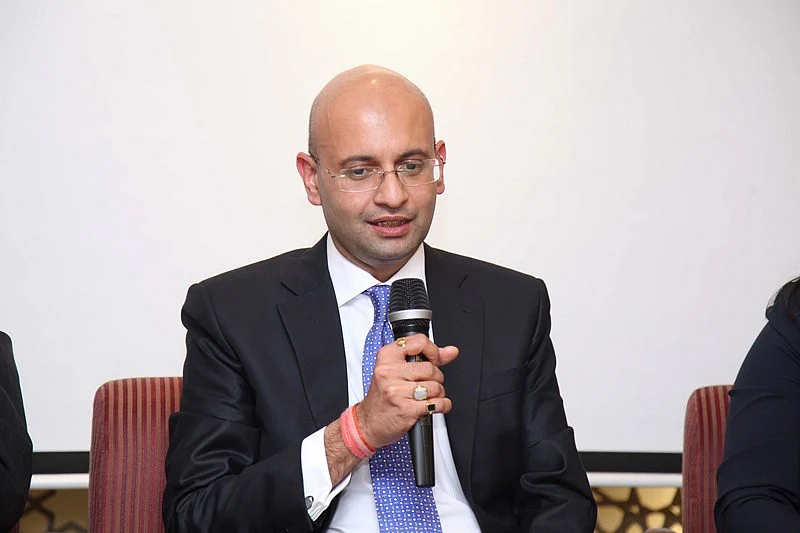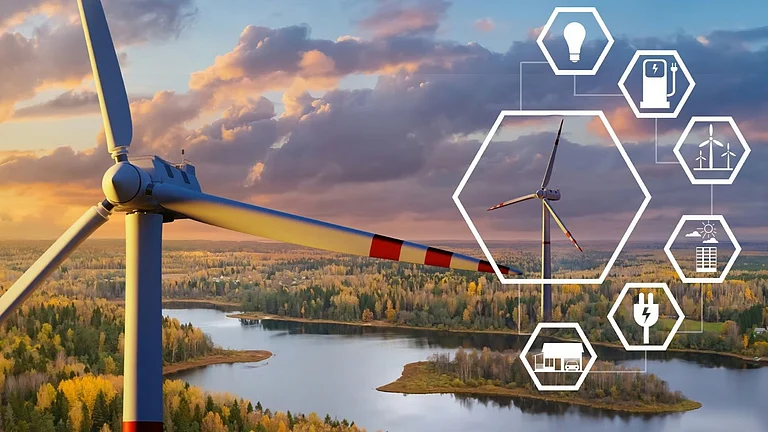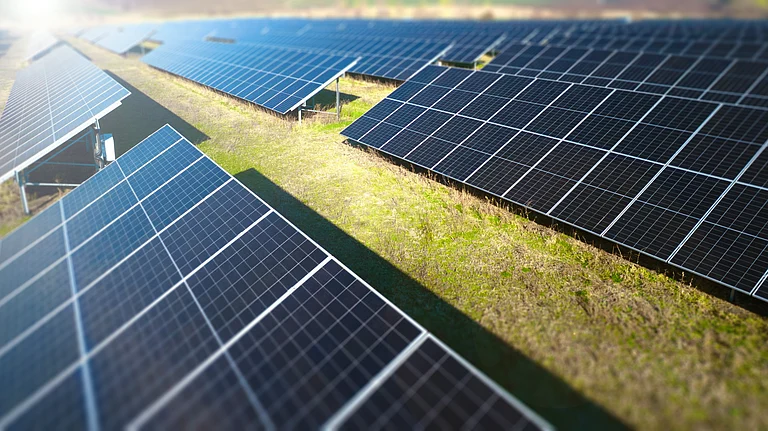
BP India is investing heavily in natural gas—about two-thirds of its India portfolio—while also expanding into solar, bioenergy, and landfill gas initiatives.
BP plans to bring Lightsource BP, the world’s third-largest solar developer, to India soon to scale solar development and explore bio-based collaborations.
The Jio-BP joint venture is among India’s largest fast-charging networks, focusing on reliable, high-speed EV charging solutions, including for fleet operators.
BP India is in active discussions with several hard-to-abate industries to launch carbon capture, utilisation, and storage (CCUS) pilot projects as part of its decarbonisation strategy.
Kartikeya Dube, Head of Country for BP in India and Senior Vice President of the BP Group, brings nearly three decades of experience in the energy and finance sectors. Under his leadership, BP is deepening its partnerships in natural gas, mobility, and fuel retail while actively exploring opportunities in renewables, bioenergy, and carbon capture.
In an interview with Outlook Business, Dube spoke about bp’s evolving energy transition strategy for India—from expanding investments in gas production and fast-charging networks to piloting carbon capture and utilisation projects with hard-to-abate industries.
Q: How does India fit into BP’s larger energy transition strategy?
A: India is very important for BP from an energy investment perspective. We aim to harness all forms of energy in India. For instance, we’re helping ONGC in Bombay—there’s a 60% increase in oil and gas production there. You can refer to the ONGC press release for a detailed break-up between oil and gas. We’re also investing in the KG Basin and exploring opportunities in the Bahamas, which are key for us from a gas perspective. As you are aware, gas plays a crucial role in the energy transition. Going forward, we plan to bring our solar development and bioenergy capabilities to India.
Q: What are BP’s renewable energy plans in India?
A: On the solar side, we have Lightsource BP, the world’s third-largest solar developer and a BP company. We’ll be bringing Lightsource BP to India very soon to support solar project development. On the bioenergy front, we’re conducting significant research, especially on feedstock, and plan to collaborate with Indian partners. Additionally, we’re exploring landfill gas pilot projects.
Q: What share of BP’s current investments in India goes into clean energy versus hydrocarbons?
A: About two-thirds of our current investments are in natural gas—particularly in the KG Basin. The remaining portion is focused on fuel retail and clean fuels. For instance, in our JV Jio-BP (Reliance BP Mobility), we’ve introduced Active Fuels, which use BP technology to deliver about 4.5% more mileage at the same price as regular petrol or diesel. Beyond energy transition, we’re also focusing on energy efficiency, which supports the transition as well.
Q: How is BP’s joint venture with Reliance progressing in EV charging and mobility?
A: Our JV is doing very well. We’re among the largest fast-charging networks in India, with the best reliability metrics in the industry—publicly recognised as such. Our focus is on fast and reliable EV charging, including solutions for fleet operators.
Q: Does BP currently have any large-scale renewable energy projects in India?
A: Not at the moment, but as Lightsource BP and our other clean energy businesses expand into India, we’ll be actively exploring opportunities in that space.
Q: As global oil demand nears its peak, how is BP positioning itself in India’s refining and retail sector?
A: We’re focused on retail through our Jio-bp network, which currently operates around 2,000 fuel retail sites. We plan to expand to nearly 4,000 by 2030. As for refining, we are not currently participating in India’s refining segment.
Q: Is BP exploring any role in manufacturing solar or wind equipment in India?
A: No, not at this stage.
Q: How does BP plan to leverage carbon capture, utilisation, and storage (CCUS) in India, especially for hard-to-abate sectors?
A: We are in active discussions with several hard-to-abate industries and are exploring a couple of CCUS collaboration pilot projects. However, I can’t share more details at this point.



































